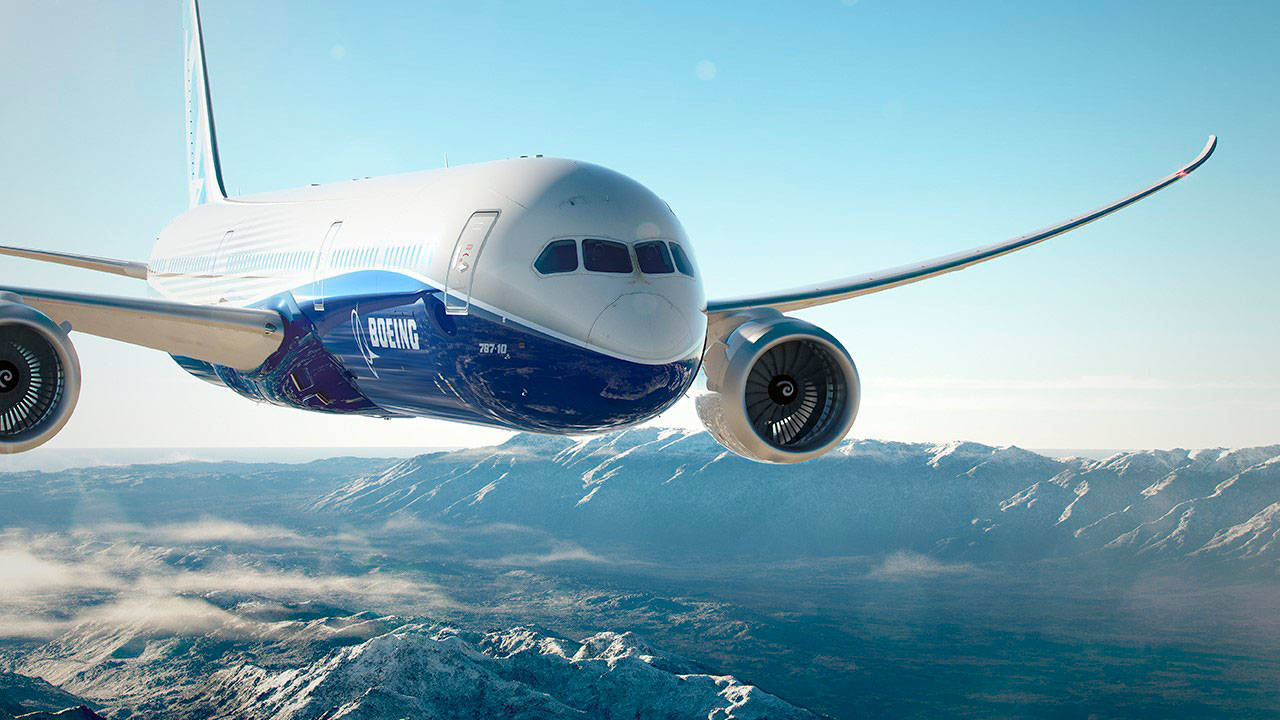Debating whether it was wrong for President Trump to pull the United States out of the Paris climate accord negotiations is never ending. Both sides will find ample evidence to claim the accords are good or bad for America; however, the rhetoric can’t obfuscate our ongoing work to reduce greenhouse gases.
The focus needs to be on what is being done to reduce emissions globally and how our innovations and technology can be implemented across our planet.
For perspective, the U.S. Energy Information Administration reported in April that U.S. energy-related carbon dioxide emissions in 2016 were 1.7 percent below 2015 levels. These recent decreases are consistent with a decade-long trend in which CO2 releases dropped by 14 percent.
Association of Washington Business (AWB) President Kris Johnson summarized: “According to EPA while Washington’s population has increased by 443 percent since 1990 and the economy has grown by 260 percent, carbon emissions have dropped by 18 percent.”
The good news for Washington state is the nation’s biggest CO2 reduction comes from the transportation sector.
Boeing, one of our nation’s leading exporters, has developed some of the world’s most fuel efficient commercial airliners; many of which are assembled at its mammoth Renton and Everett plants. Even though its Washington workforce has dropped to approximately 70,000 people in the last two years, the company’s new jetliner sales are taking off. A key reason is they reduce fuel consumption by as much as 20 percent.
The two hottest sellers are the new single aisle 737 Max and the twin aisle 787 Dreamliner, the first predominately carbon-fiber passenger jet. Boeing hopes its revamped 777X with its carbon-fiber wings will catch on as it starts delivery to overseas carriers.
Alaska Airline, based in Seattle, also is steadily reducing its carbon foot print. In its April inflight magazine, Tom Kemp, vice president of flight operations, reported changes to its 737 wing tips helped save 627,437 gallon of fuel, or approximately 13.7 million pounds of CO2.
“To put it into perspective, a ton of CO2 would fill a small ranch home—so we’re talking about 6,850 homes’ worth of CO2 saved in 2016,” Kemp added.
In 1996, Alaska Airlines pioneered RNP—Required Navigation Performance—which uses satellite signals to safely guide its aircraft though mountainous terrain to airports while saving fuel.
“In the last year alone, RNP saved us more than 518,000 gallons of fuel, which equates to more than 11.24 million pound of CO2,” Kemp wrote.
In 2019, Alaska will start flying Boeing’s 737Max which are estimated to be 13 percent more fuel efficient than its current 737 fleet.
Alaska Airlines also figures that if passengers trim 5 pounds from their luggage, it would save 10,000 gallons of fuel and decrease carbon emissions by 200,000 pounds each year.
The innovations that Alaska Airlines and Boeing continue to develop are examples of America’s ongoing commitment to address greenhouse gases and environmental challenges. Revolutionary new systems will make us international leaders.
Considering China and other developing nations are responsible for two-thirds of the world’s CO2 discharges and their share is rising, it makes sense for our national leaders to focus on helping others adopt our trailblazing technology.
The Wall Street Journal hit the nail on the head in its June 1 editorial: “Superior efficiency helps explain why U.S. carbon emissions fell by 145 million tons in 2016 compared to 2015, more than any other country. Over the past five years, U.S. emissions have fallen by 270 million tons, while China – the No. 1 CO2 emitter – added 1.1 billion tons.”
WSJ underscores the focus should be to encourage our companies to develop leading-edge technology. It sells and solves problems.
Don C. Brunell is a business analyst, writer and columnist. He retired as president of the Association of Washington Business, the state’s oldest and largest business organization, and now lives in Vancouver. He can be contacted at theBrunells@msn.com.
Talk to us
Please share your story tips by emailing editor@kentreporter.com.
To share your opinion for publication, submit a letter through our website https://www.kentreporter.com/submit-letter/. Include your name, address and daytime phone number. (We’ll only publish your name and hometown.) Please keep letters to 300 words or less.

